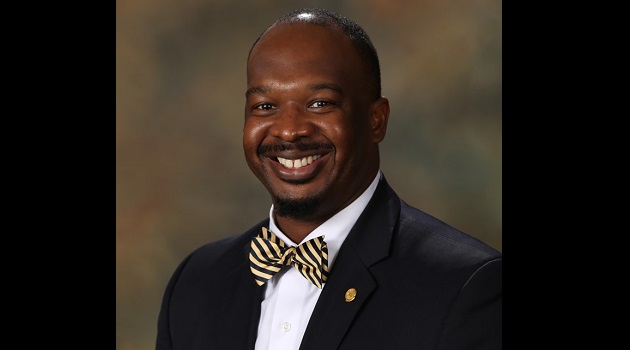The story of the Maasai warrior’s greeting may provide the solution to the problems ailing our public schools. The Masai tribe lives in Kenya and Northern Tanzania and have a unique greeting among its lion hunting warriors. These brave warriors greet each other by asking “Kasserian Ingera” which means “and How are the Children?” Any answer other than “All the Children are Well” means these warriors prepare for war. The Maasai understand that if all the children are not well then the future of the nation is in jeopardy. The Maasai seem to understand how a macro view of children’s well-being is the best vantage point for determining the future of the nation.
There is a powerful lesson to learn from this famous tribe. The quality of life of your neighbor’s child is just as important as the quality of life of your child. Therefore, the quality of education for all children in the state is just as important as the quality of education for the children in your family. It is important to balance our micro educational goals with a macro educational strategy. As parents, guardians and grandparents, it is our responsibility to advocate for and provide the best possible educational outcomes for our children. Choice allows families to learn in public, public charter, private, parochial, virtual and home schools. I respect a family’s decision to place their child in any of these learning environments; however for some families in the state of South Carolina, public schools are the only choice available.
On the last day of the 2022 – 2023 school year, there were 784,937 students in the South Carolina Public School system according to the 180th day headcount reported by the SC Department of Education. Of the 784,937 students in the headcount, 41,069 attended a charter school at the end of the year. This is 5% of the total number of students. If the state, by some miracle, was able to double the number of charter school seats available for students, then the remaining 90% of the students would still attend SC’s public schools. While choice is part of the solution, there is no future for our state if there is no macro educational solution for the 95% of students attending public schools. Just as the Maasai care about 100% of their children, so must we.
Generation X, those born between 1965 to 1980, will be able to collect full social security retirement at 67 years of age. In 2032, when this generation enters retirement, who will replace the doctors, lawyers, nurses, judges, police, engineers, scientists, construction workers, pilots, law makers, business owners, and leaders. Who will replace the teachers who make all of these professions possible? Our state’s future depends on all of our children becoming productive citizens and contributors to our state. There is good news. We have all we need to ensure all the children are well educated in our state.
Ray Dalio, billionaire hedge fund manager and best selling author, outlines in his book Principles for dealing with the changing world order: Why nations succeed and fail outlines eight key measures of the power of a nation. These key measures are trade, currency status, economic output, financial center, innovation, military strength, competitiveness, and education. Dalio defines a strong education as having 3 components; knowledge and skills, work ethic and civility. Dalio’s definition of a great educational system is not solely the responsibility of the schools. A great education system is supported by a three (3) legged stool. Knowledge and skills come from the K-12 schools, technical colleges and universities. Work Ethic comes from the home. It is in the home where children learn to become responsible because of the responsibilities they have for chores and helping the family. Civility comes from the community. The culture of the community is established by the churches, civic and service organizations, recreation centers, nonprofits and volunteers. Our education system depends on all three legs of this stool standing strong together. No child can fail when school, home and community work together.
Let’s do the math, the average K-12 school day in our state is 7.5 hours. There are 180 days in the school year. That leaves 185 days a year a child is not in school. Assuming a child gets 8 hours of sleep a day, that would leave 8.5 hours of out of school time even on a school day. All totaled, a student spends about 20% of a year in school and 80% of a year out of school. We can not continue to expect teachers and schools to provide the support for all three legs of the stool of the educational system. The future of our state is in the hands of the people of our state.
For this reason, our district, with funding from the Mungo Foundation, has created a community support services initiative. The goal of this program is to assist families with resources from the community to support children with after school, weekend and summer enrichment to strengthen great work ethic and civility in underserved communities. We are investing in our families and neighborhoods by organizing and providing community resources to assist parents and children in need of support. Some of our children are one opportunity away from being successful and our community support services program seeks to provide those transformative opportunities one family at a time. Just as the Maasi, School District Five of Lexington and Richland Counties is asking the question, “How are the Children?” We commit to a macro educational solution until we can confidently answer together that the future of our state is well because ALL of the children are well.
Akil E. Ross, Sr., Ed.D.
Superintendent



